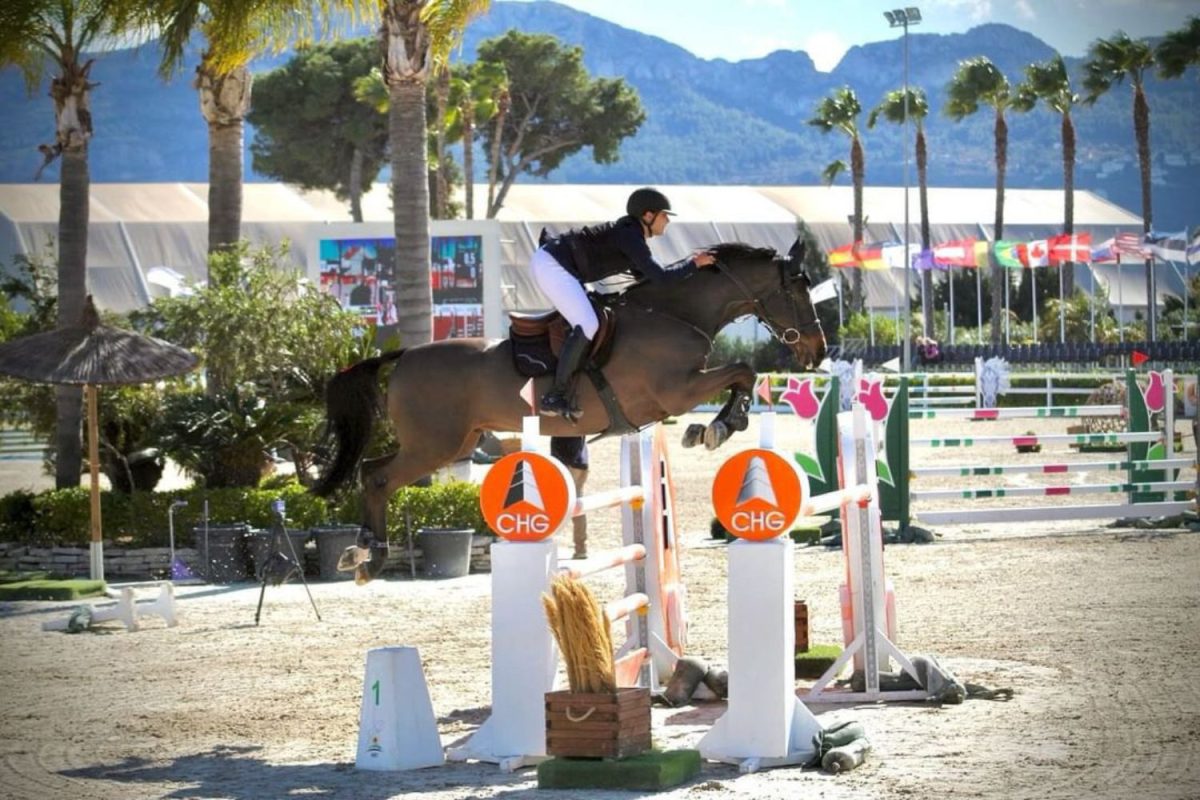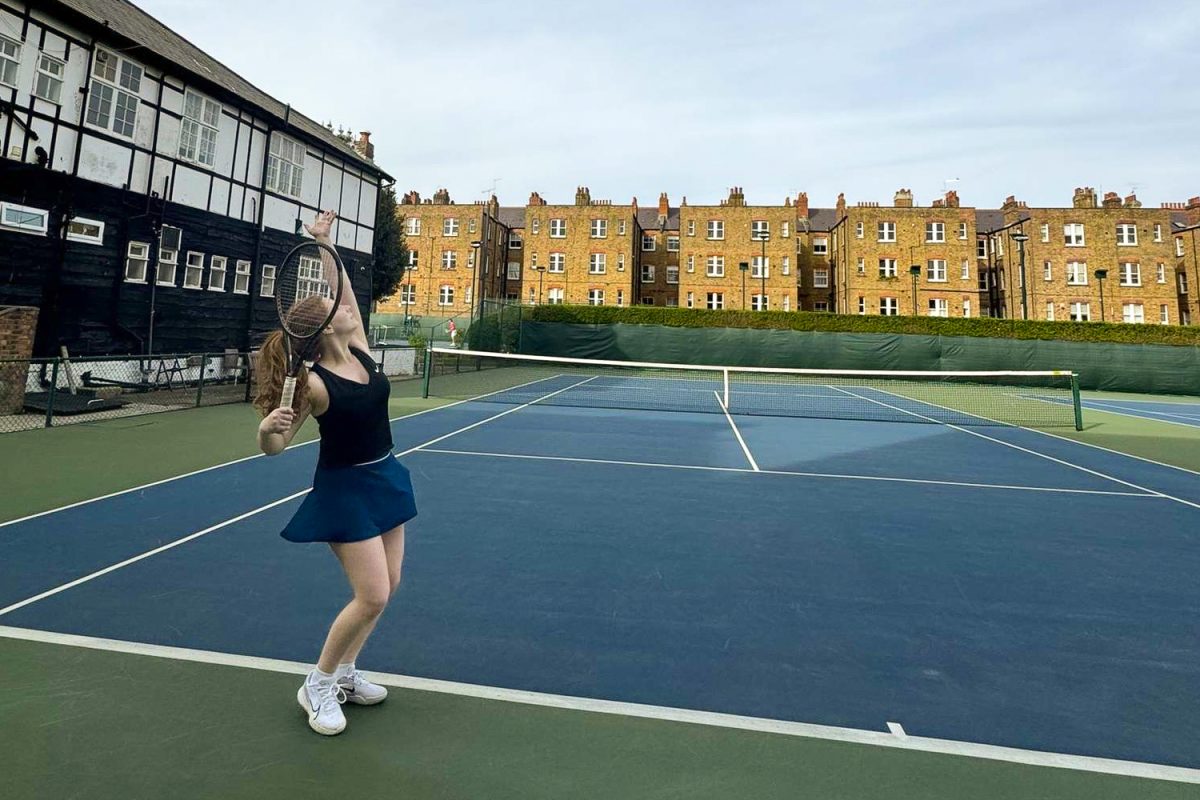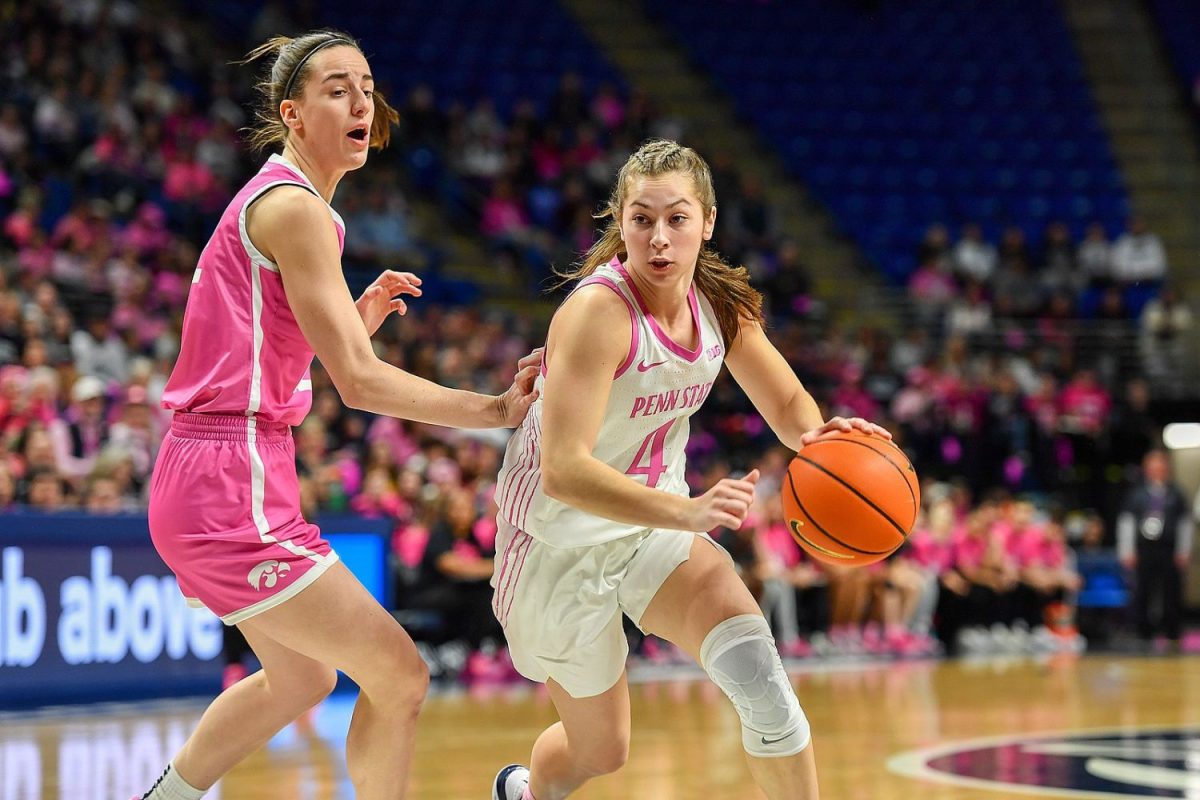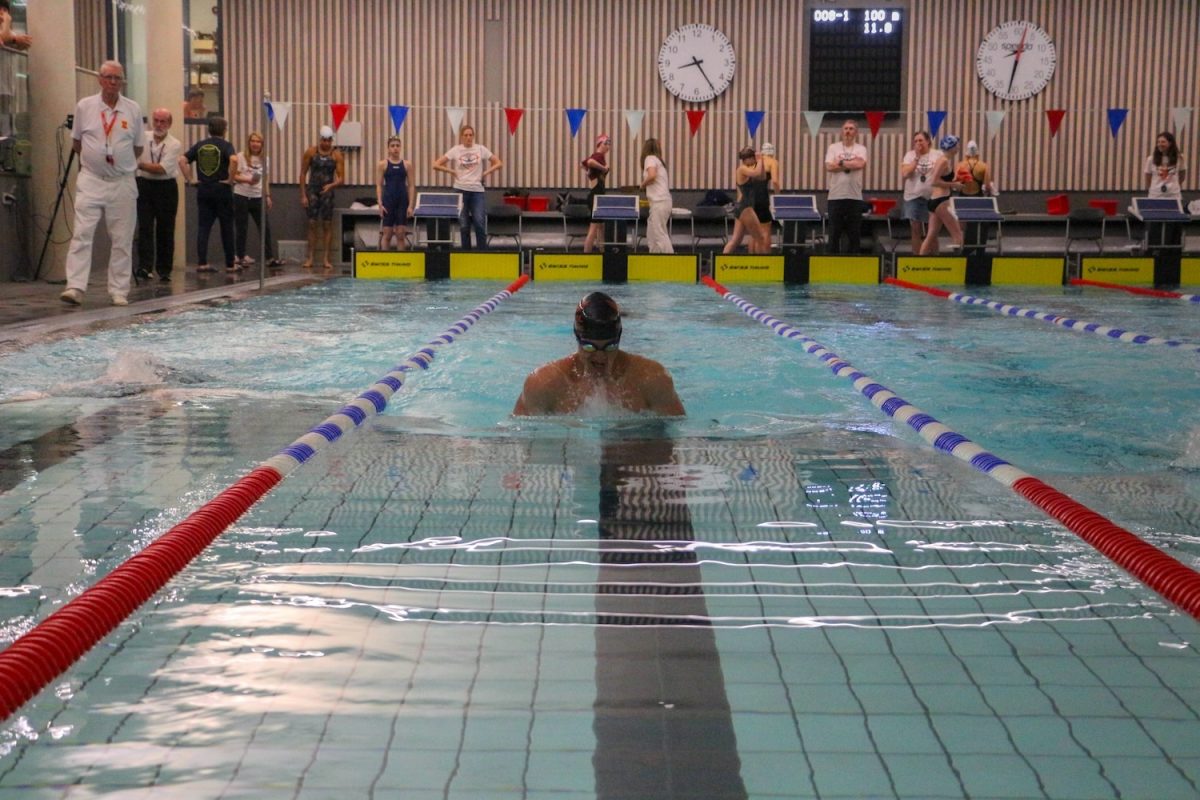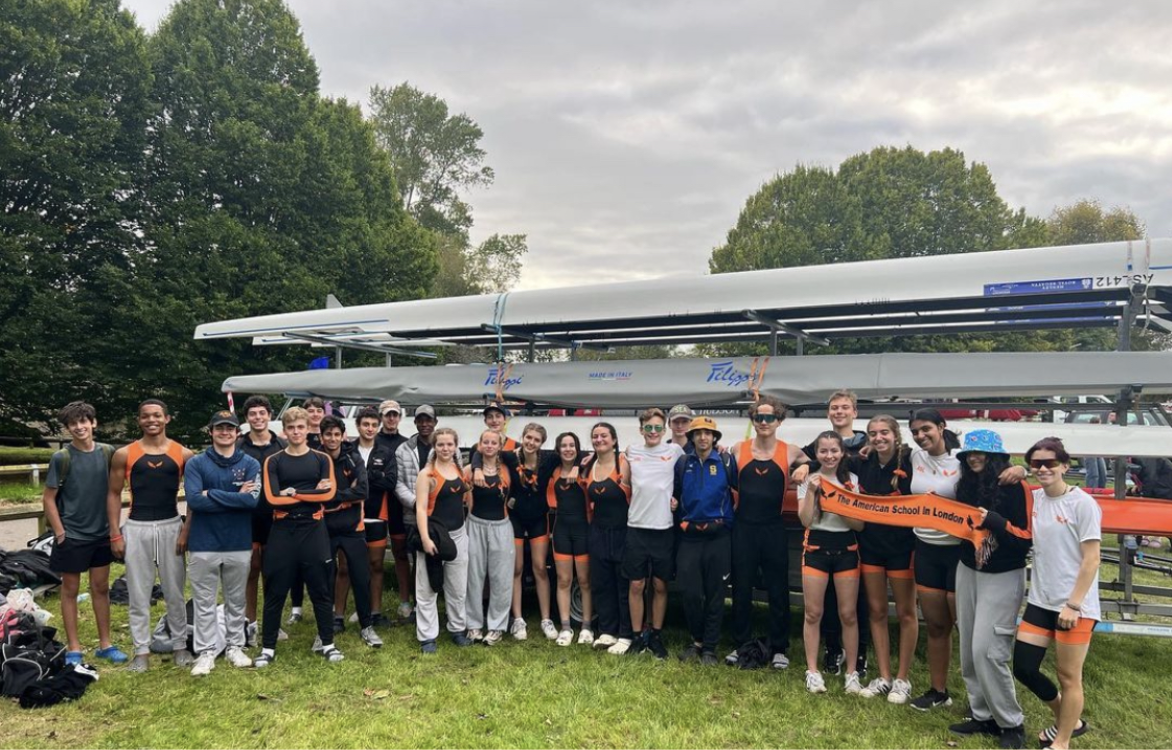On December 12, the varsity boys basketball team defeated William Ellis School 47–40. This was the first of many games during the basketball season against teams which ASL has not traditionally played. Traditional sport teams in the past have included The American School in England (TASIS), ACS Hillingdon, ACS Cobham and ACS Egham.
The High School’s teams have started branching out by facing entirely different teams, such as Portsmouth Ladies club side for varsity girls soccer earlier this year, and the Jewish Free School for boys basketball more recently.
The decision to expand ASL’s game schedule to different schools was made by the Athletic Department at the beginning of the year. The initial contact was made when Athletic Director John Farmer received emails from schools and then brought forth these approaches to the rest of the Athletic Department. “When I first got these emails I thought, ‘You know what, let’s give this a shot’,” Farmer said.
Once the Athletic Department decided on the inclusion of outside competition, other sections of the school became involved in the decision. “Everyone [the Athletic Department, Principal Jack Phillips, Head of School Coreen Hester, the Booster Club] recognizes playing local competition is advantageous for them and for us,” Farmer said.
Wanting to establish ASL within a broader context of the community, as well as saving on travel expenses, were key components of Farmer’s decision to organize games against new schools.
“Basically, my view is that we live in a major world capital. There are a lot of schools, a lot of athletic opportunities and we should be, for a number of reasons, playing local competition,” Farmer said.
Extending students beyond the “ASL bubble” was another critical factor of this decision.
“Part of the experience of being here and around ASL is to learn about London and be a part of the fabric of London,” Farmer said.
Claire Noel (’17) believes playing outside teams bolsters ASL’s reputation in London. “Let’s be honest. No one would know who we were besides Cobham, TASIS, etcetera, so it’s nice to get our names out there,” varsity girls basketball and soccer player Noel said.
Most beneficial for Varsity Girls Assistant Soccer Coach Becca Fransen was both facing a variety of teams and experiencing a multitude of new playing styles. “Expanding into playing club teams was an excellent opportunity for us this year. Things tend to get standardized in the ISST schools. By expanding out it made our game better,” Fransen said.
Varsity girls soccer player Courtney Welch (’16) believes the gold-medal winning season was greatly progressed by facing Tottenham Ladies club, more so than the usual fixtures against other American schools throughout London. “It was an amazing way to prepare us for ISSTs. It helped us the most when we came to ISSTs and saw teams we didn’t get to play [during the season] like Cairo [the team we played in the final],” she said.
Generally, outside teams pose more of a threat than “traditional” teams. “There’s always an element of surprise when you play a club team. You usually don’t know how they play. When we play teams who are in our league it’s much easier to implement plays that would work,” Noel said.
Playing non-traditional teams was a tool used to develop the varsity girls soccer team’s skills, by improving their physicality and their ability to adapt. Such improvements would not have been possible without the competition posed by outside clubs.
“If we played the same teams over and over again as we do with the London schools we would stop growing; we would fall into a stasis,” Fransen said.
Farmer hopes to continue this model for the future and will further develop the plan of playing outside teams based on results from this year.
One compromise of playing outside teams – due to lack of familiarity – is the game-day atmosphere. Welch believes there is likely to be less support when playing non-traditional teams as a result of this.
Although Farmer maintains the importance of diversifying ASL’s sporting experience, there are specific aspects that will influence which teams will be played again.
“The criteria will be a convenience factor, and then also looking at competition level and deciding was it worth it to take an afternoon for this team when as much as I’d say I want to get out in the community… it could be more worthwhile and beneficial for [our] teams to be practicing than playing a team that they’re just going to [beat convincingly],” Farmer said.
Even though some teams will be removed from next year’s schedule due to not offering enough competition for ASL’s teams, Farmer is not concerned about branching out to other schools in upcoming years. “It’s not just about winning and losing it’s about having the different competition and extending ourselves, ASL, into the community,” he said.
This model and introduction to new competition is strongly encouraged from a players’ perspective. “I think the Athletic Department should definitely consider getting more games against other teams,” Welch said.
During the winter and fall seasons, ASL teams played over 40 non-tradtional teams. These games have been both home and away and also in tournament settings.

